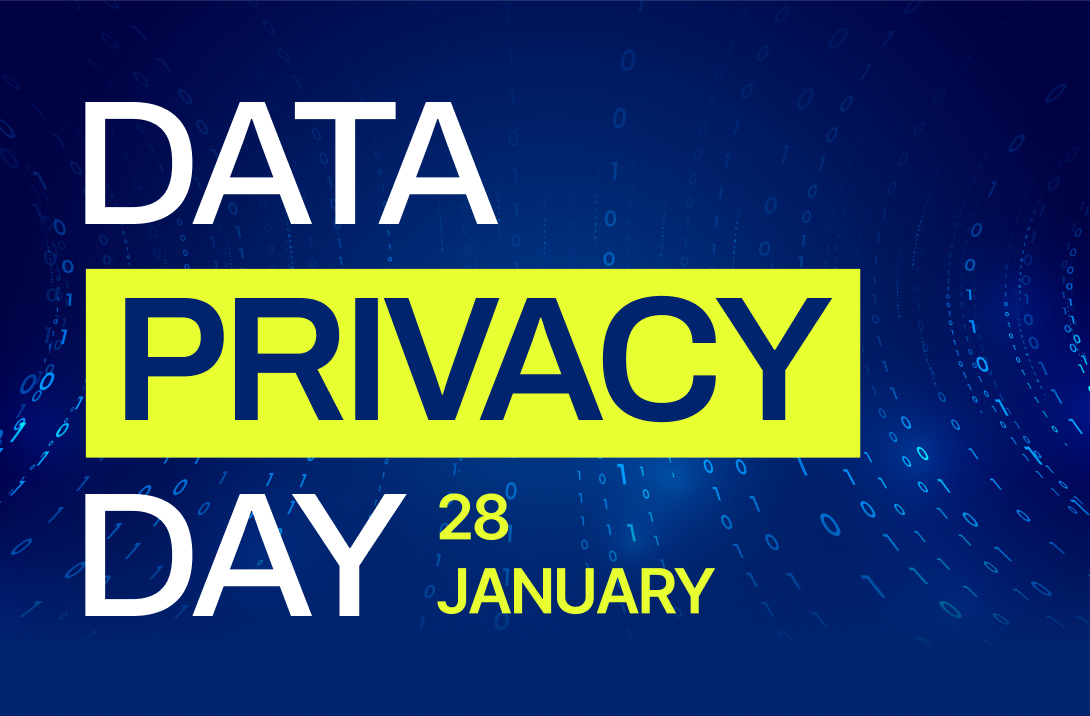In order for libraries to effectively serve their communities, they’re required to modernize and streamline their operations, which is made attainable by library management solutions. To enhance collection management, user engagement, and digital resource accessibility, several libraries in Morocco have implemented cutting-edge library administration systems and services. By providing a thorough method for managing both digital and physical collections, these solutions enable libraries to adapt to the changing demands of its users. Here’s an overview of key components that are enhancing library services across the country:
Library management
Libraries can effectively track, classify, and manage their holdings through the use of library management systems. These systems automate many routine tasks, such as cataloging new materials, checking items in and out, and maintaining accurate inventory records. By streamlining these processes, library staff can focus more on providing excellent service to patrons rather than being bogged down by administrative tasks. Effective library management not only improves operational efficiency but also enhances the overall user experience by ensuring that resources are easy to find and access
Library portal
A library portal serves as a digital gateway for patrons to access library services from anywhere, at any time. Through the portal, users can search the library’s catalog, reserve books, renew loans, and access their accounts online. This convenience extends the reach of the library beyond its physical location, allowing patrons to engage with the library’s resources remotely. Additionally, the portal often includes access to digital collections, enabling users to explore e-books, journals, and multimedia resources at their fingertips. By providing a seamless online experience, library portals help to increase engagement and make library services more accessible to a wider audience.
Digital resource repository
Digital resource repositories offer libraries a secure and organized space to store, manage, and retrieve digital content. This includes a variety of resources such as e-books, academic journals, audio-visual materials, and other digital media. These repositories are essential for libraries looking to expand their collections beyond traditional print materials and cater to the growing demand for digital access. By having a centralized system for managing digital resources, libraries can ensure that their collections are easily searchable and accessible, enhancing the value they provide to their patrons. The repository also supports the preservation of digital content, ensuring that valuable resources remain available for future generations.
The way libraries function and serve their communities is being revolutionized by library management systems, particularly in Morocco. Libraries may greatly improve their efficiency and accessibility by putting in place cutting-edge management systems, intuitive library interfaces, and extensive digital repositories. With the use of these tools, libraries may improve consumer engagement, streamline operations, and offer easy access to both digital and physical resources. These solutions will be crucial in making sure that libraries stay pertinent, easily available, and important resources for learning, research, and community involvement as they continue to adjust to the digital age. Ultimately, making an investment in strong library management systems helps libraries achieve their goal of giving everyone access to knowledge and learning opportunities while also enhancing the user experience.






